On November 3rd, 2020, 66% of registered voters cast their ballots in the 2020 presidential election. However, across America, only 15-40% of these voters voted in local elections. It’s clear that voters are much more interested in what is happening in Washington than what is happening in their own backyard. Why is this?
One reason may be the unconventional sources people are gaining their news from. Pew Research recently found that 20% of Americans peg social media as their main election news source. Social media connects users to many parts of the world, so national news is likely to be covered there, whereas local news isn’t. Voters are much more likely to see a meme or TikTok Live debate related to a national election than a local one.
Many voters also think local issues are boring and not worth their time. A survey conducted by the Knight Errant recently found that 66% of BSM students weren’t able to identify even one local government official, and 55% believed national decisions affect them more than local ones. To contrast this, political interest on a national level is higher than ever. Over two thirds of eligible voters voted in the 2020 presidential election. Many young voters are excited about participating in this exciting cycle. “National elections are a lot more widely covered than local ones, and more people like to watch stuff about national news. I would also say it’s more interesting because there are more tensions over the national election, so there is more to lose or gain,” sophomore Fiona Lealos said.
Political tensions may also be part of the reason citizens don’t participate in local government. “Just because people have the opportunity to make their voices heard doesn’t mean that they always get their way or their preferences. That can sometimes be difficult for people, so that might deter them from participating in the future,” Edina City Council member Kate Agnew said.
There’s a chance that voters would care more about local issues if there was more education about it. It’s often difficult for citizens to distinguish between what the national government controls versus what local ones do. “I would say there definitely is a lack of education. I feel like in school, we mostly talk about national government, like the President, the House or the Senate,” Lealos said.
And it’s not just voting. What a lot of people don’t realize is that they can have a significant impact on the decisions local governments make. The majority of meetings between local representatives are open and available to the public, and citizens always have the opportunity to contact local government officials, giving them an active role in the decisions made. “I like to know what’s on people’s minds, but coming to the meetings isn’t the only way to engage your voice. I did have someone who emailed me recently with concerns about traffic safety within their neighborhood…it’s really important for people to just recognize that they do have a voice and people are listening,” Agnew said.
Even if voters feel more interested in national government, it can be difficult to actively express one’s beliefs on a national level. One of the main benefits of having government on a local level is that it is an easier avenue for citizens to feel heard and voice their opinions. “It shouldn’t just be five people on the city council who are making all the decisions…my role as a city council member is to talk to people and to understand what are the pain points, and so…it’s important for me to be engaged and have conversations,” Agnew said.
It’s not to say that people shouldn’t care about the national government, because of course national decisions are important. However, local decisions are just as if not more important. Rulings to help climate change and shape education are just some examples of decisions made on the local level just as much as the national one. Public administrators play a critical role in distributing services, solving local problems, and overall, improving community life.
Local officials also have a strong say in national affairs. In 2023, over 200 local government leaders sent a letter to Congress urging a bill to build more affordable housing. If enacted, this bill is expected to finance over 300,000 affordable homes, impacting the lives of many. Local governments also can play their part in helping solve national and even global issues. “If we think about eliminating global warming, for example, we in Edina could not be successful, but a lot of times it’s a lot easier to get things enacted on a local level. And once you build up some of that grassroots support, it becomes easier to enact at a statewide and national level,” Agnew said.
Local government decisions can affect local life in a way national governments simply can’t. For example, Baltimore, Maryland has faced a homelessness crisis for some years now. 20% of Baltimore citizens live in poverty, and nearly 2,000 spent at least one night homeless in 2023. Local Baltimore officials decided to tackle this problem by introducing a new homelessness initiative. This initiative has made a significant impact, as it has already reduced homelessness in Baltimore by 36%.
Sometimes, local decisions overpower national ones as well. In 2017, then-president Donald Trump implemented Executive Order 13769, which banned several Muslims from entering the United States. The goal was to “protect America from terrorists and other threats”. However, some local officials resisted. Philadelphia mayor Michael Nutter strongly disagreed with this belief and encouraged his citizens to be tolerant to all. The result has been a thriving Muslim community in Philadelphia met with toleration and acceptance. This and many other situations show that local decisions sometimes have more of an effect than national ones.
Despite this, people aren’t participating in local government. Given that the U.S. government was founded on the notion that everyone has the right and opportunity to voice their opinions, it depends on participation. A lack of participation at a local level may harm that governmental structure, despite the fact that many don’t see local issues as having the same importance as national issues. Local governments may not have the flash of national news, but the decisions made are still extremely important to citizens’ everyday lives, and those decisions can’t be made effectively without citizen participation.



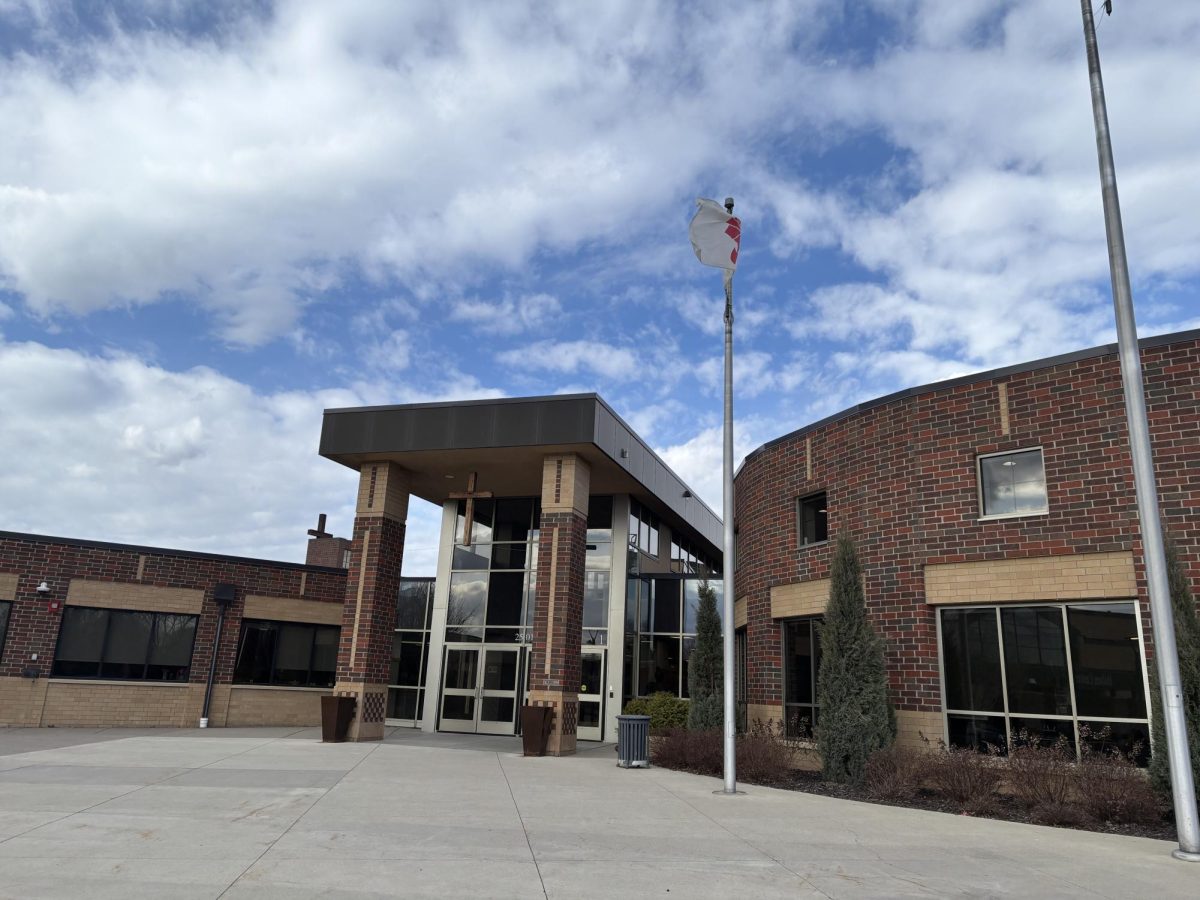
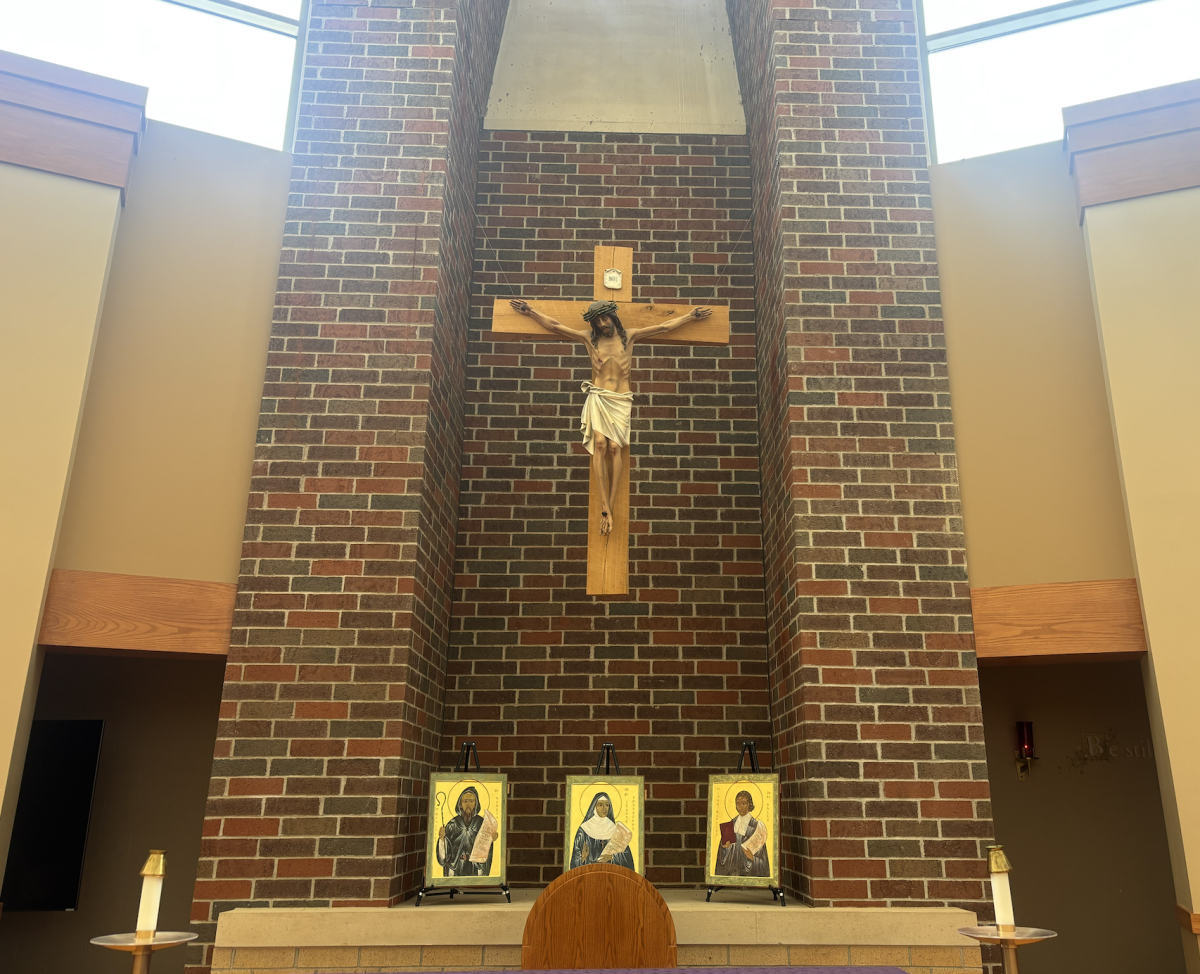

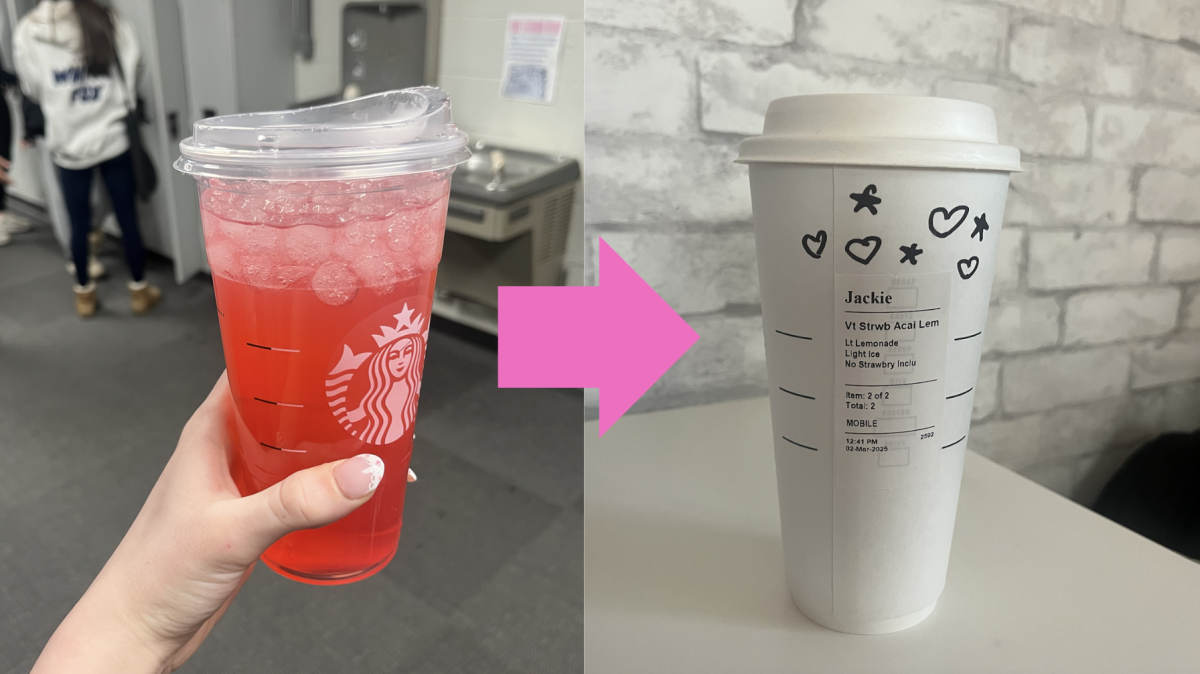
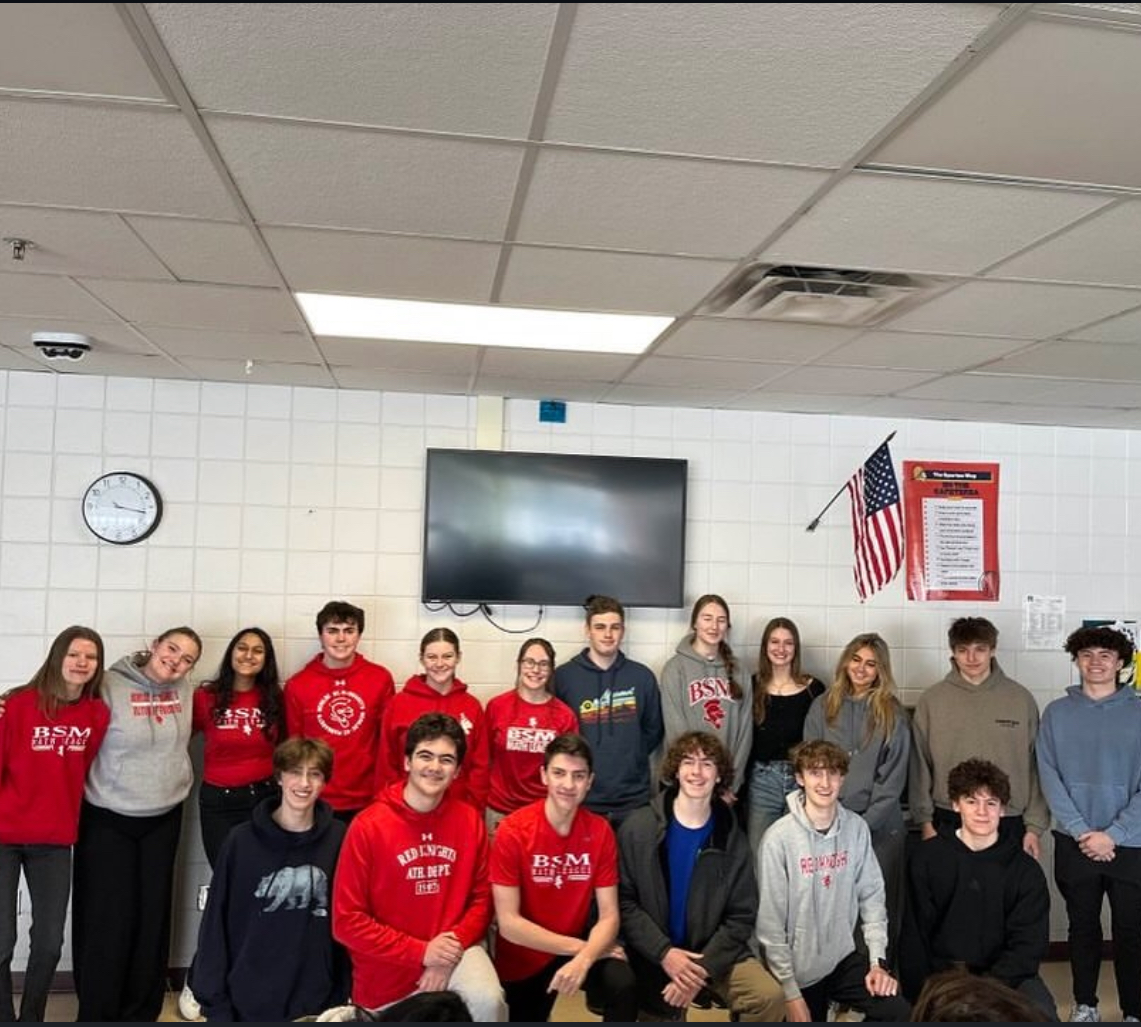
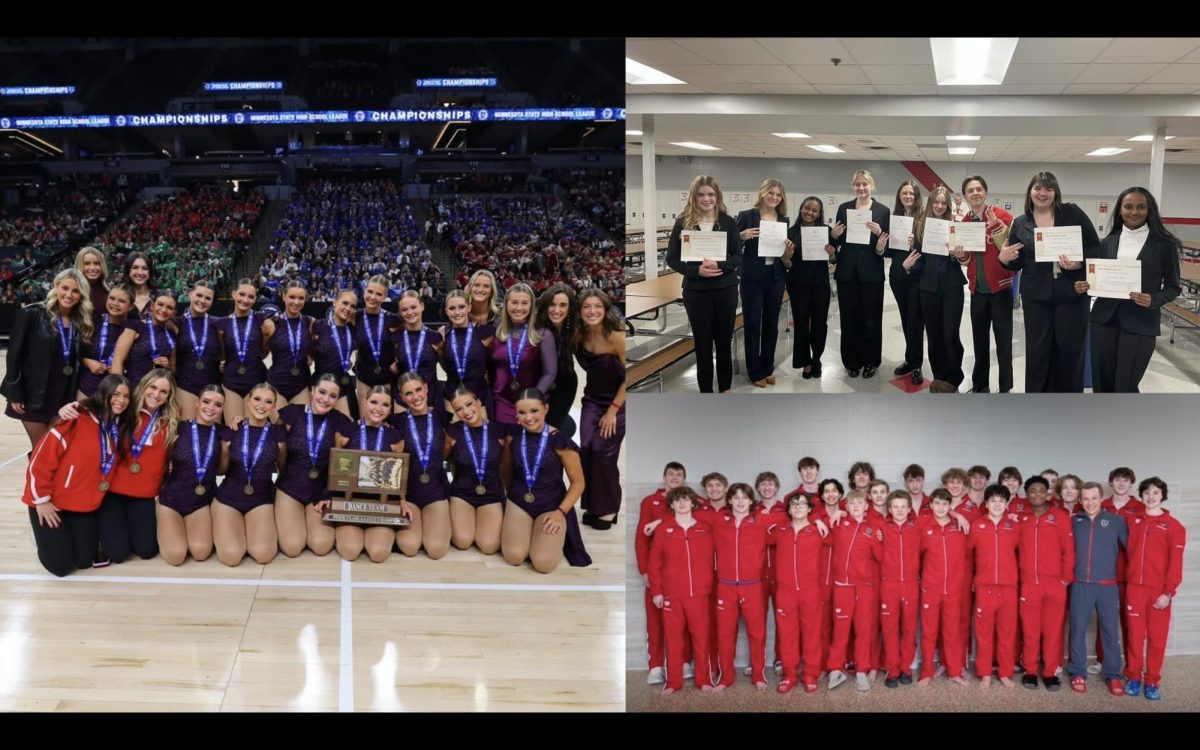














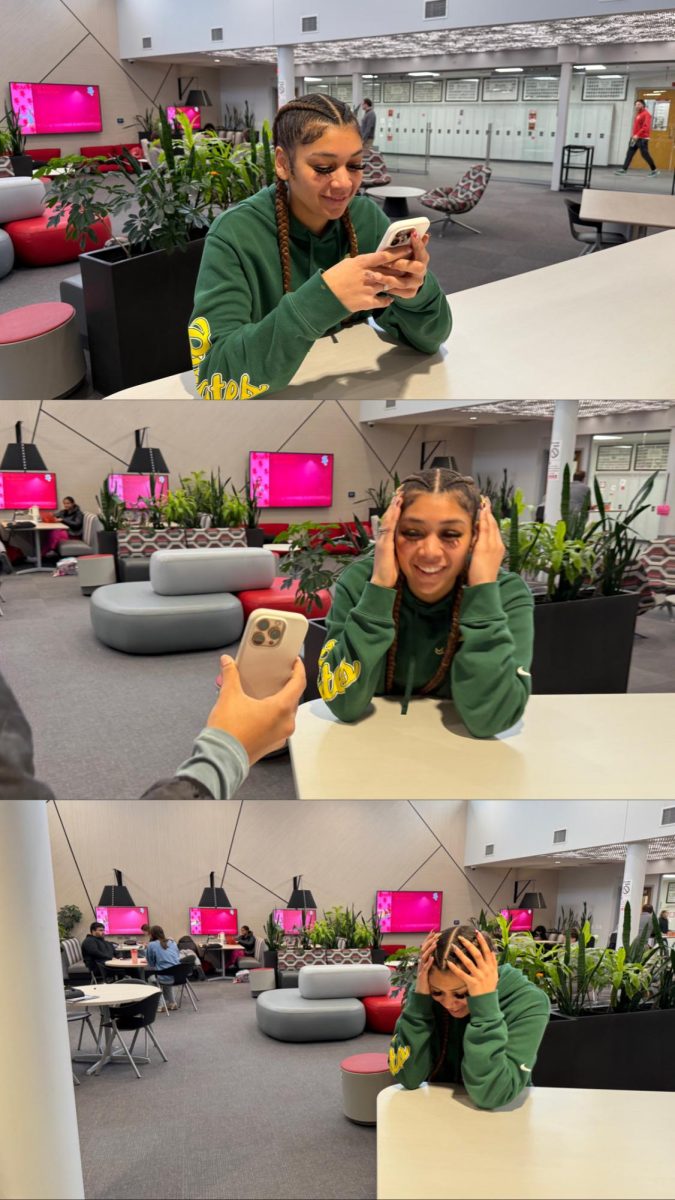


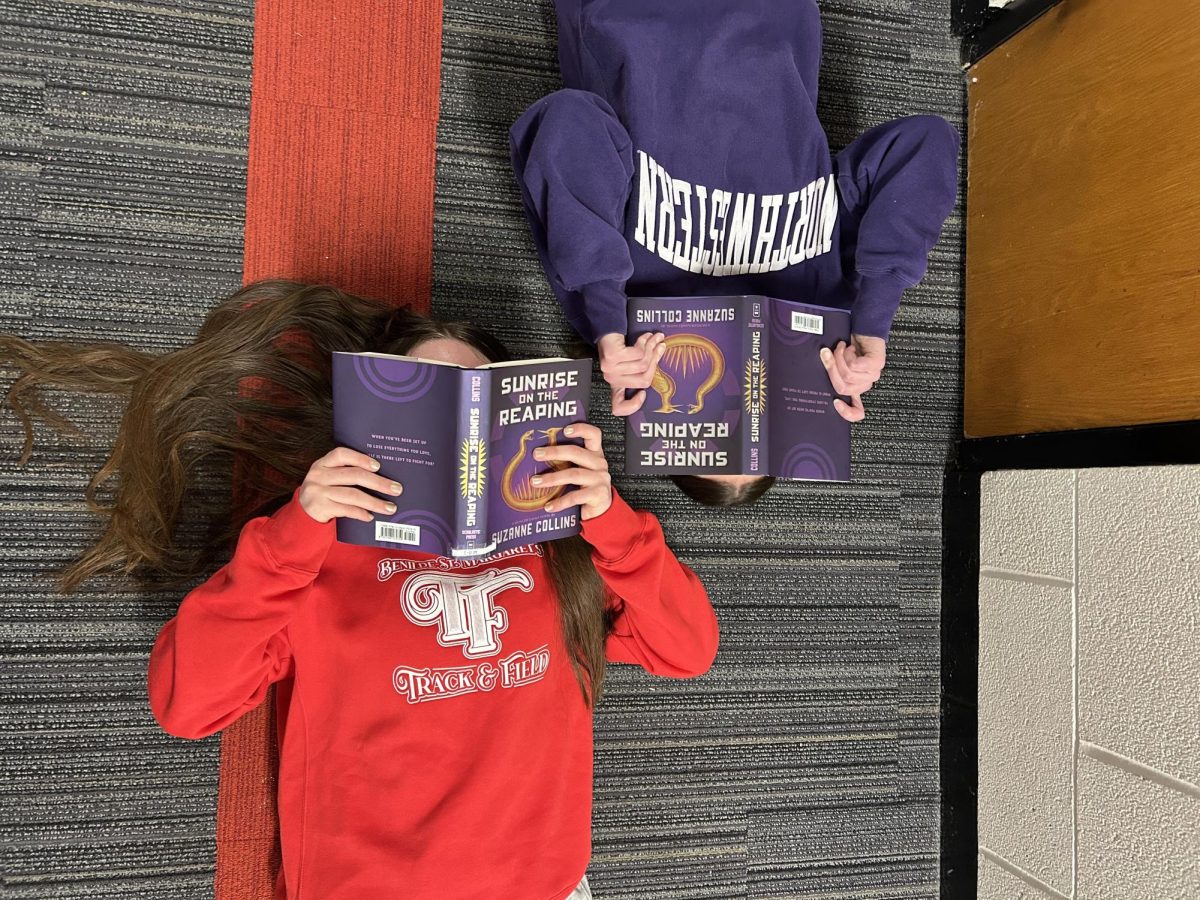









![Teacher Lore: Mr. Hillman [Podcast]](https://bsmknighterrant.org/wp-content/uploads/2025/03/teacherlorelogo-1200x685.png)




